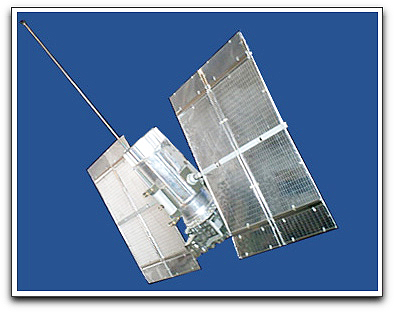 Both systems allow users to determine their positions to within a few meters. According to Putin, the Glonass system is highly competitive and has a distinct advantage over its European counterparts. "As far as I know, they only have two satellites in orbit now, while we have a whole grouping that can provide navigation services covering the entire territory of the Russian Federation," he said, adding that another six satellites would be orbited later this year. He also stressed that local authorities should take it onto themselves to introduce the system across the regions to be used in trains, aircraft, water and public transportation, taking the republic of Bashkortostan as an example where the introduction of the system has significantly improved fuel economy in the public transportation services.
Both systems allow users to determine their positions to within a few meters. According to Putin, the Glonass system is highly competitive and has a distinct advantage over its European counterparts. "As far as I know, they only have two satellites in orbit now, while we have a whole grouping that can provide navigation services covering the entire territory of the Russian Federation," he said, adding that another six satellites would be orbited later this year. He also stressed that local authorities should take it onto themselves to introduce the system across the regions to be used in trains, aircraft, water and public transportation, taking the republic of Bashkortostan as an example where the introduction of the system has significantly improved fuel economy in the public transportation services.
Russia currently has a total of 22 Glonass satellites in orbit, but only 16 of them are operational. The system requires 18 operational satellites for continuous navigation services covering the entire territory of Russia and at least 24 satellites to provide navigation services worldwide. The Glonass navigation satellite system is expected to start operating worldwide by the end of 2010. (Source: RIA Novosti)
And speaking of Glonass, a Proton M carrier rocket bearing three Glonass satellites will be launched from the Baikonur Space Center in Kazakhstan on March 2nd, Russian space officials have stated. The carrier rocket and the satellites are currently being tested at the Kazakh space center.

